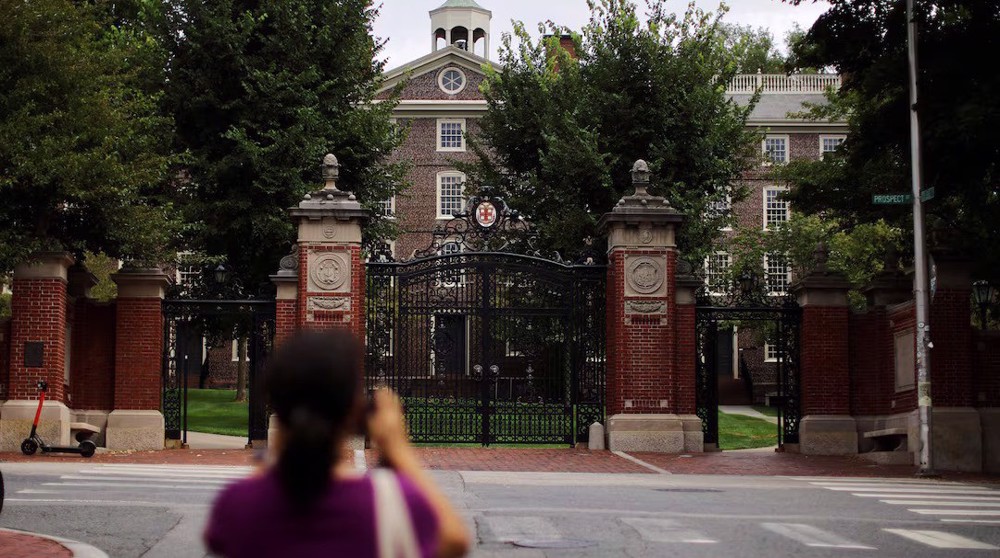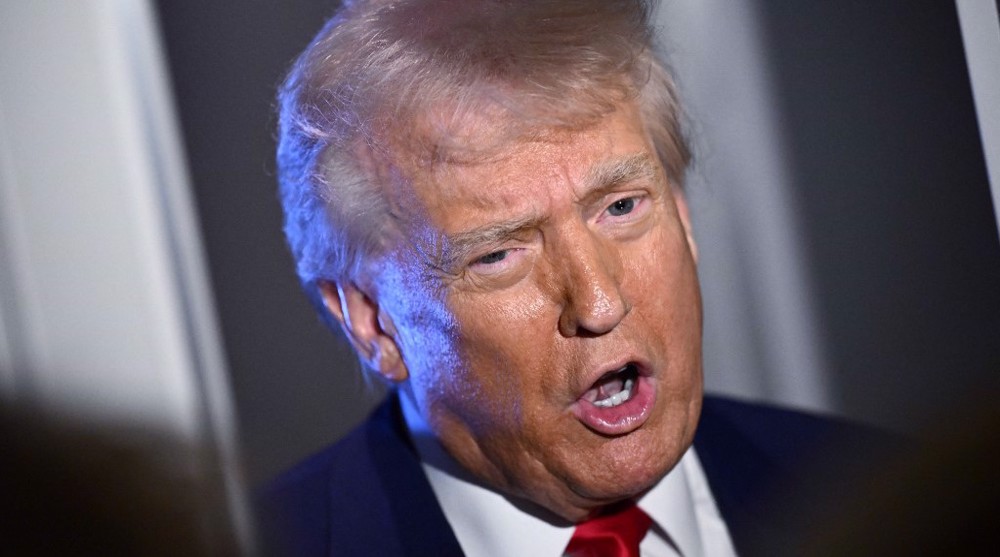US 'deeply concerned' over Saudi bombing of Yemen port
The United States has criticized Saudi Arabia over launching airstrikes on the Yemeni city of Hodeida, calling the Red Sea port a "lifeline" for humanitarian relief.
On Tuesday, Saudi warplanes bombed Yemen's port of Hodeida, killing several dock workers and destroying the port’s infrastructure.
The international community condemned the Saudi offensive, with one United Nations aid official telling the Security Council that the airstrikes were "in clear contravention of international humanitarian law."
On Thursday, the White House also expressed its “deep concerns” over the Saudi atrocity.
"We are deeply concerned by the August 18 attack on critical infrastructure at the port of Hodeida in Yemen," White House National Security Council spokesman Alistair Baskey said.
"The port is a crucial lifeline used to provide medicine, food and fuel to Yemen's population," he added.
Saudi Arabia launched its military aggression against Yemen on March 26 – without a UN mandate – in an effort to undermine Yemen’s popular Houthi Ansarullah movement and also restore power to the country’s fugitive former President Abd Rabbuh Mansour Hadi, a staunch ally of Riyadh.
Rupert Colville, the spokesman for the UN High Commissioner for Human Rights, stated on July 21 that at least 1,693 civilians had been killed and 3,829 others injured in the Arab world’s poorest country since March 26. However, local sources put the death toll at much higher.
The United States has provided assistance to Saudi Arabia’s military offensive in Yemen, including logistical and intelligence support.
On Thursday, at least 54 civilians, mostly women and children, were killed and scores of others injured after Saudi military aircraft launched a series of airstrikes in Yemen’s southwestern province of Ta'izz.

Trump admin. to freeze Brown grants, impose Harvard restrictions over pro-Palestinian protests

China hits back with 34% tariffs on US imports as fears of global recession rise

Negative impact of Trump tariffs on UK economy
Israeli forces kill second Doctors Without Borders worker in two weeks
VIDEO | Protesters rallying against Italy's new security bill clash with police
VIDEO | Opposition to Trump’s claim that US is ‘at war’ with illegal immigrants
Britain urges Israel to respect Syria’s borders, prioritize diplomacy
Israel assaults trigger biggest West Bank displacement since 1967: UNRWA
‘No land for children’: UN says Israel kills or wounds 100 children in Gaza each day
VIDEO | British Medical Association cancels pro-Palestinian doctor’s speech
Trump admin. to freeze Brown grants, impose Harvard restrictions over pro-Palestinian protests







 This makes it easy to access the Press TV website
This makes it easy to access the Press TV website